On this page, you can read about the internationally renowned and independent judges of the Monsanto Tribunal. They are presented in alphabetical order. The lawyers are presented below the judges.
Judges
Dior Fall Sow, Senegal, is a consultant to the International Criminal Court, a former Advocate General at the International Criminal Tribunal for Rwanda, and founding member and honorary chairwoman of the Senegalese Lawyers Association (AJS).
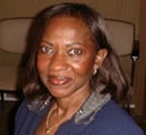
The first woman appointed public prosecutor in Senegal, Sow also has served as officer and knight of the Order National du Mérite (Senegal). She has participated in many conferences and seminars around the topics of human rights, peace and security, humanitarian international law, and international criminal justice in many countries, including Switzerland, Belgium, Austria, Italy and the U.S.
She is also the author of many research papers on legal issues. Past posts also include: national director of Juvenile Correctional Education and Social Welfare; director in charge of legal affairs in SONATEL; advocate general in the office of the Prosecutor for the ICTR; and main advocate general for the ICTR Appelate Division.
Jorge Fernández Souza, Mexico, is currently Judge at the Court of Administrative Litigation of Mexico City.
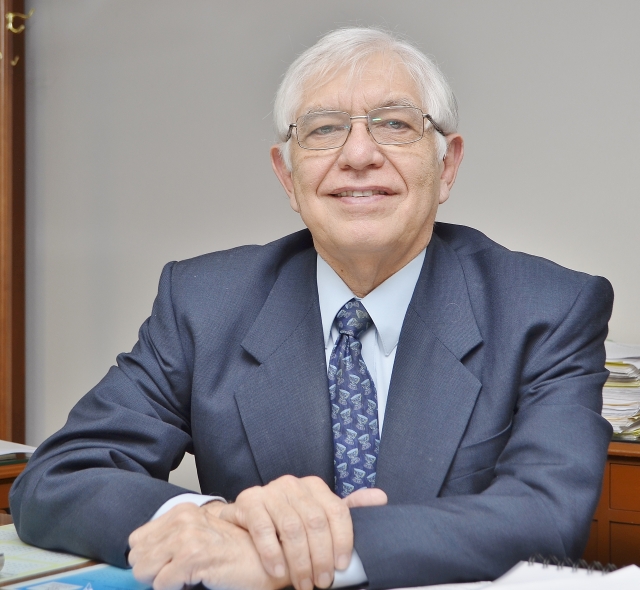
He has been: Governmental Delegate of the Federal District within the Miguel Hidalgo Delegation; member of the Council of the Federal District judiciary; Director of the Social Sciences and Humanities division and Chief of the Law department at the Autonomous Metropolitan University Unidad Atzcapotzalco; Guarantor at the Permanent Peoples' Tribunal, Capítulo México; Adviser of National Arbitrage Commission (CONAI) between the Zapatista Army of National Liberation and the Mexican government; Reporting judge in the Russell Tribunal on repression in Latin America.
Jorge Fernández Souza is also the author of various publications on legal and social themes.
Eleonora Lamm, Argentina, is the Human rights Director for the Supreme Court of Justice of Mendoza.
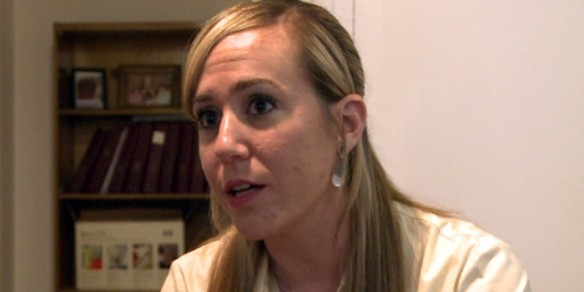
She holds a PhD in Bioethics and Law, a Master in Bioethics and Law, and a Master in Family Law from the University of Barcelona, Spain, where she teaches bioethics.
Member of the Bioethics and Law Observatory of the University of Barcelona and the Centre for Bioethics at the University of Buenos Aires, Eleonora Lamm also has experience as a Researcher at the Consejo Nacional de Investigaciones Científicas y Técnicas (CONICET, Argentina), a Consultant of bioethics and Law at Universitat Oberta de Cataluña and a Director of the Bioethic´s Career at the University of Mendoza.
She has been officially appointed by the President of the Argentinean Supreme Court to participate in the commission created by Law Decree 191/2011 to reform and update the Civil and Commercial Code of Argentina.
Finally, Eleonora Lamm is the author of various books, chapters of books and articles in journals published in Argentina, United Kingdom, France, Colombia, Brazil, Spain, Uruguay, and Chile among others and she regularly participates in international conferences as a speaker.
Steven Shrybman, Canada, is a partner in the law firm of Goldblatt Partners LLP and practices international trade and public interest law in Toronto and Ottawa.
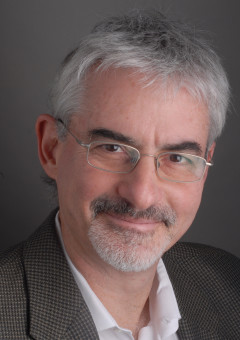
His litigation and advocacy practice engages a diversity of both national and international law issues including the environment, trade, human rights, democratic process, intellectual property, and health care and other public services.
He has written extensively on international trade and investment law, and his work on the relationship between the free trade and the environment was seminal when published in the late 1980s. He has represented civil society groups and unions as interveners in several investor-state and WTO trade disputes.
Steven Shrybman is currently a member of the Boards of the Council of Canadians, and the Institute for Agriculture and Trade Policy.
Françoise Tulkens, Belgium, has a Doctorate in Law, a Master’s degree in Criminology and a higher education teaching certificate (agrégation de l’enseignement supérieur) in Law.
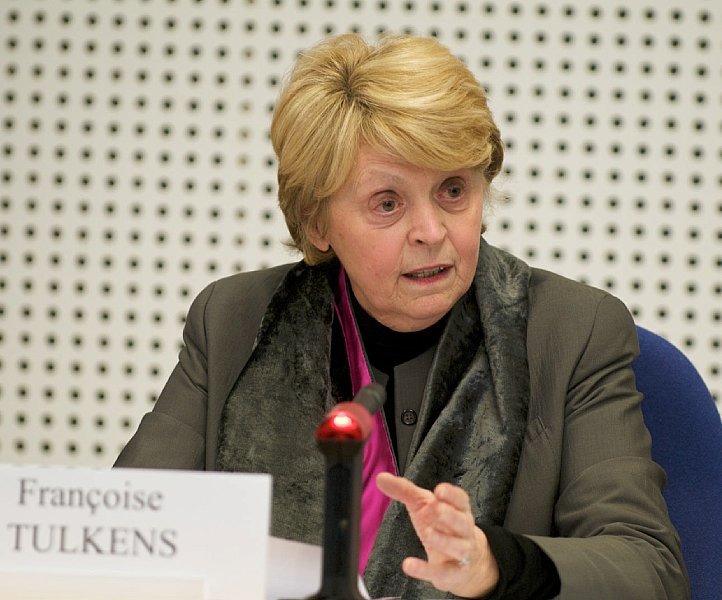
She was a Professor at the University of Louvain (Belgium) and has taught, in Belgium and abroad, as a visiting professor at the Universities of Geneva, Leuven, Ottawa, Paris I, Rennes, Strasbourg and Louisiana State University, in the fields of general criminal law, comparative and European criminal law, juvenile justice and human rights protection systems.
From November 1998 to September 2012, she was a Judge in the European Court of Human Rights, serving as section president from January 2007 and as vice-president of the court from February 2011. She has been an associate member of the Belgian Royal Academy since 2011. From 2011 to 2015 she chaired the Board of Governors of the King Baudouin Foundation. In September 2012, she was appointed to the United Nations Human Rights Advisory Panel for Kosovo.
Since June 2013 she is a member of the Scientific Committee of the European Union Fundamental Rights’ Agency (FRA), of which she is currently the vice-chair. Tulkens is the author of many publications in the areas of human rights and criminal law and also co-author of reference books. She holds honorary doctorates from the Universities of Geneva, Limoges, Ottawa, Ghent, Liège and Brighton.
Registry
Dr. Marcos A. Orellana, Chile / USA, is Senior Attorney and Director of the Center for International Environmental Law's (CIEL) Human Rights and Environment Program. Prior to joining CIEL, Dr. Orellana was a Fellow to the Lauterpacht Research Centre for International Law of the University of Cambridge, UK. He also was a visiting scholar with the Environmental Law Institute in Washington DC.
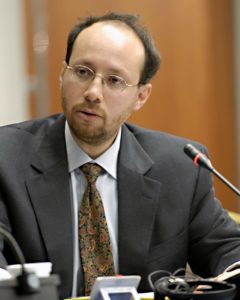
Previously, Dr. Orellana was Instructor Professor of international law at the Universidad de Talca, Chile and a consultant to various international governmental and non-governmental organizations. He also has provided legal counsel to the Chilean Ministry of Foreign Affairs on international environmental issues, and in that capacity has joined official delegations to meetings of select MEAs. In 1997 - 1998, Dr. Orellana completed the LL.M. program at American University Washington College of Law (WCL), during which time he also was an intern at the World Bank's Inspection Panel. In 2009 Dr. Orellana obtained his S.J.D. doctoral degree from WCL upon successful defense of a thesis entitled: Health, Safety and Environmental Measures in International Economic Law. Since 2002, Dr. Orellana has offered various courses at WCL.
Lawyers
William Bourdon, France, has pled on the question of the freedom indispensable to scientific research. He is the President and founder of Sherpa, a Paris-based association that protects and defends victims of economic crimes. It gathers legal experts and lawyers from diverse backgrounds and works closely with many civil society organizations around the world.
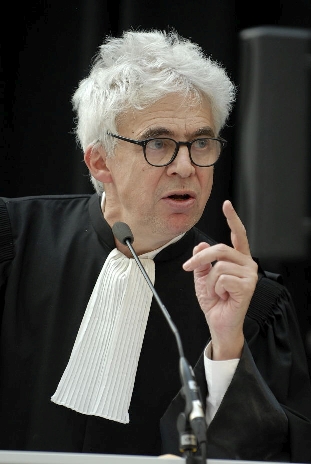
As a lawyer, W. Bourdon works primarily on cases of business, media and penal law. He also does human rights work. He represented Franco-Chilean families in the complaint filed in October 1998 against General Augusto Pinochet and also represented civilian groups in the French case against Serbs charged with war crimes. In addition, W. Bourdon served as General Secretary of the International Federation for Human Rights from 1995 to 2000. He has written several books on international justice and human rights. His last book, Petit manuel de désobéissance citoyenne, was published in 2014 by Éditions JC Lattès.
Dr. Gwynn MacCarrick, Australia, was former legal officer at the Office of the Prosecutor at the International Criminal Tribunal for the Former Yugoslavia and former defense Counsel for a Militia Commander charged with 23 counts of Crimes Against Humanity before the United Nations Special Panel for Serious Crimes in Dili, East Timor. She has composed the plea on ecocide.
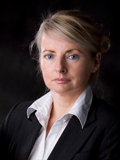
"The work of the Monsanto Tribunal will undoubtedly contribute to the progressive development of international law, by clarifying the content of the human rights responsibilities of companies and by informing the international debate as to whether international criminal law should evolve, to include the crime of Ecocide."
Dr. Jackson Nyamuya Maogoto, UK, has dealt with the question of whether Monsanto is complicit in war crimes as defined in Article 8(2) of the International Criminal Court. He is a senior lecturer in international Law at the University of Manchester.
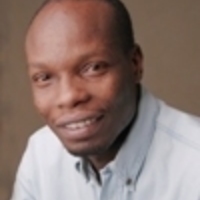
“The potential for businesses to be perpetrators of international crimes was legally recognised by the Nuremberg Tribunal which held private German industrialists criminally liable for their support of the German war effort. This important Nuremberg legacy has quietly been subsumed over decades by the military-industry complex. It is time that the complicity and liability of corporations is reactivated The International Monsanto Tribunal will serve to resurrect the Nuremberg legacy, ‘remind’ and re-energise the international law framework— business actors can be involved in international crimes.”

